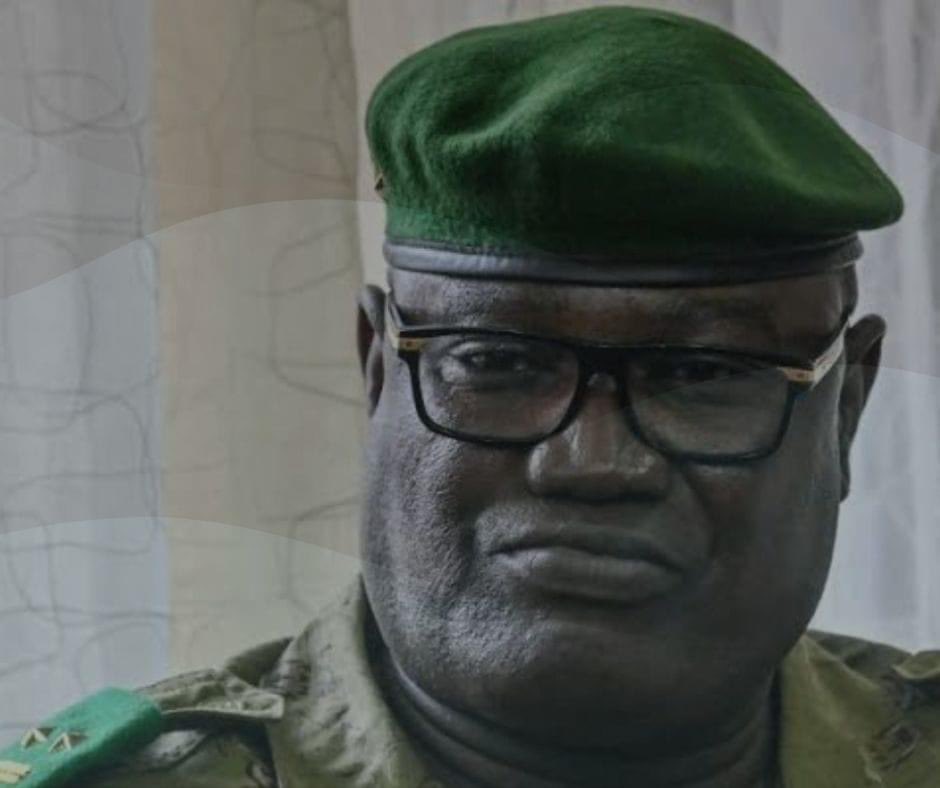A damning investigation has unveiled a web of corruption, nepotism, and mismanagement within Niger’s military leadership, implicating high-ranking officials, including Minister of the Interior General Salifou Modi, also known as “Toumba,” and several members of the ruling National Council for the Safeguard of the Homeland (CNSP).
The findings reveal that, within just one year, Toumba allegedly awarded contracts worth nearly 100 billion FCFA, many of which flagrantly violated public procurement regulations. These deals, often benefiting close associates and family members, have further entrenched a culture of impunity within the administration.
Dubious Contracts:
Ets International General Trading was awarded a 6 billion FCFA contract for vehicles, weapons, and ammunition. The company, linked to a relative of a presidential cabinet member, failed to execute the project but retained the contract. A 2 billion FCFA firearms deal was allegedly granted to a junior officer based solely on personal connections. Multiple contracts worth billions were awarded to unqualified companies and individuals, many of which remain incompletely
Businessman Yaou Saga received over 8 billion FCFA in contracts, allegedly transferring the money abroad and purchasing luxury properties. Colonel Abarchi and other officials reportedly facilitated deals to acquire riot vehicles, raising concerns about preparations for potential unrest. Funds intended for police infrastructure, ammunition, and motorcycles were misappropriated or inflated. Carfo, a businessman linked to the Ministry of the Interior, secured over 24 billion FCFA in contracts for weapons and ammunition, with minimal oversight. Two women, Dayja and Maimouna, allegedly leveraged personal relationships with CNSP officials to secure lucrative contracts. One such deal, worth 1.065 billion FCFA, involved purchasing uniforms for the National Guard. The funds were reportedly released despite insufficient guarantees, and the fallout from these relationships caused tension among military leaders.
A Systemic Crisis
The investigation paints a bleak picture of governance under CNSP leader General Abdourahamane Tiani. Allegations extend to his cabinet, raising questions about accountability at the highest levels. While Niger faces severe challenges, including rising insecurity, widespread poverty, and the demands of unpaid teachers and soldiers, the regime appears consumed by internal profiteering and personal gain.
The revelations have sparked widespread condemnation from civil society and the public. Critics argue that the CNSP’s promise of “re-founding” Niger has devolved into the exploitation of state resources, leaving millions of citizens struggling with food insecurity and economic hardship.
As pressure mounts, the international community and Nigeriens alike are demanding accountability and a swift end to these practices. The ongoing investigation is expected to uncover further details about the extent of corruption within the regime.



